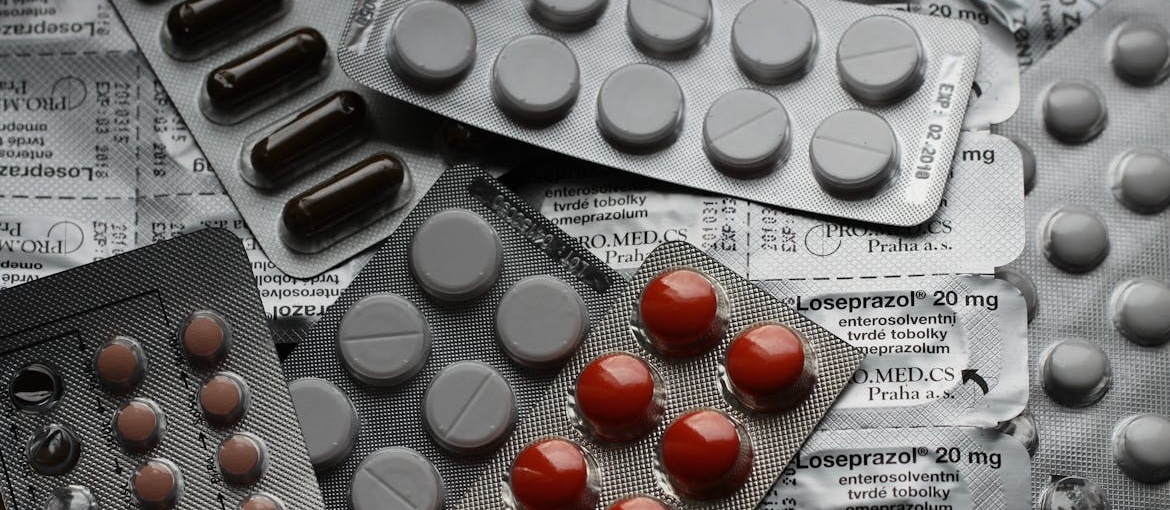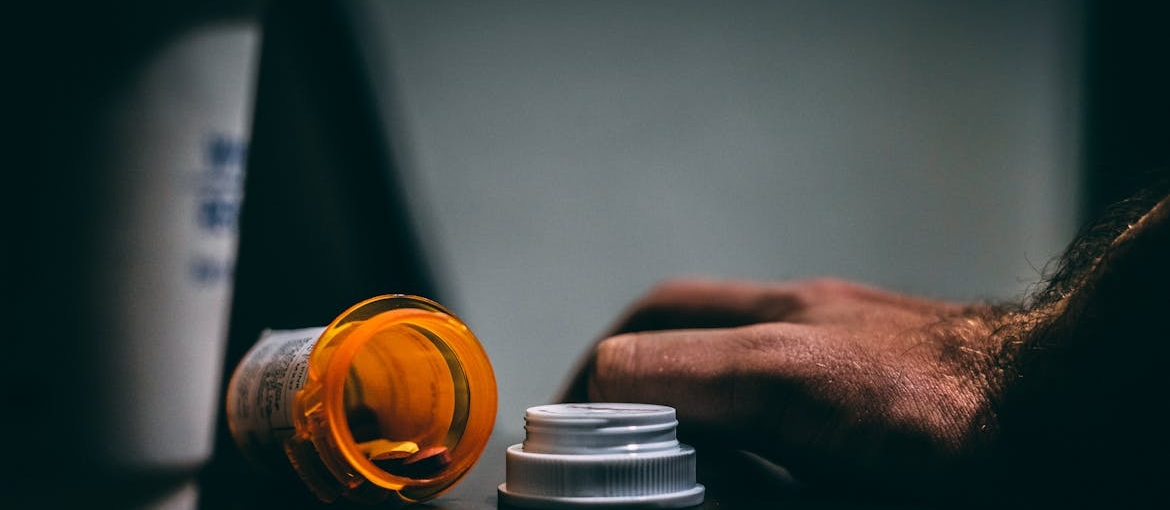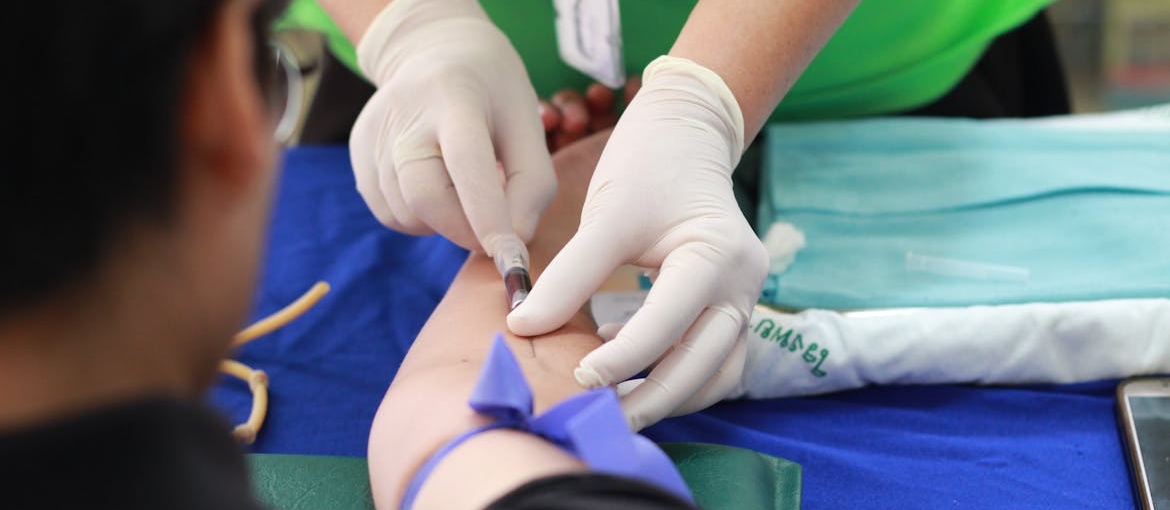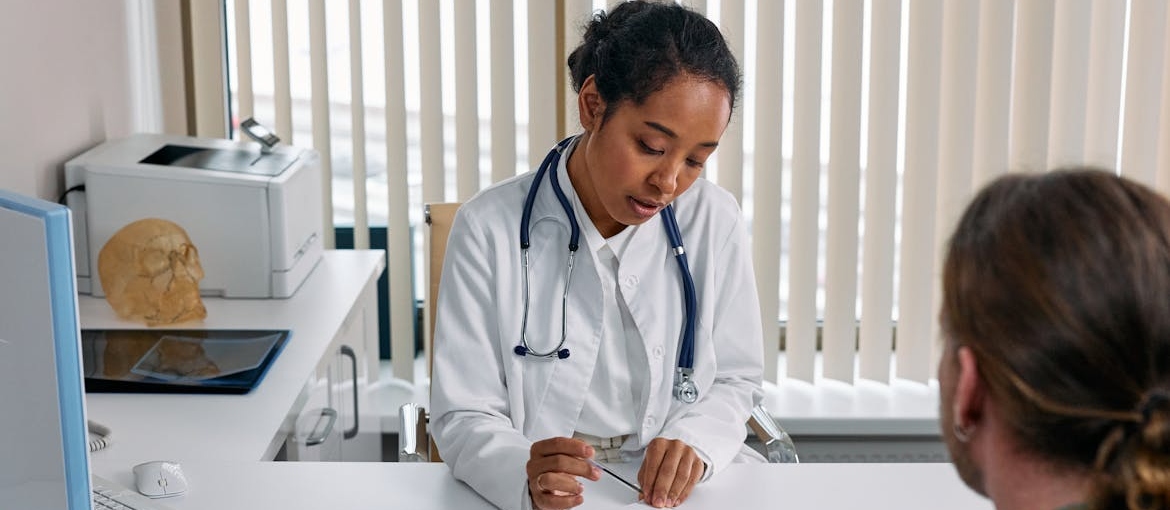Mixing drugs with antidepressants can be dangerous, even if you think the combination is harmless. Different substances can change how your medication works, cause stronger side effects, or create new health risks. Some interactions can lead to serious medical emergencies like serotonin syndrome or dangerous changes in heart rate. If you feel tempted to mix medications or other drugs, it’s important to know the risks before taking that step. Many people don’t realize the impact until they experience severe symptoms. If you’re struggling with depression, anxiety, or substance use, help is available. Drug and alcohol treatment centers in West Virginia offer care for both mental health and addiction. You deserve safe, effective treatment without adding extra harm to your health. Making informed choices can protect both your recovery and your well-being.
How Antidepressants Work in the Body
Antidepressants affect brain chemicals called neurotransmitters, which help control mood, sleep, and focus. They work by balancing or boosting certain chemicals, like serotonin, to reduce depression and anxiety symptoms. Different types of antidepressants work in different ways, but all aim to improve brain communication.

When the balance is right, mood can stabilize, and symptoms may improve over time. It’s important to take them exactly as prescribed so your body can adjust safely. Mixing drugs with antidepressants can disrupt this process and make your medication less effective. It can also cause unpredictable reactions that put your health at risk. Even if you feel better, keep following your treatment plan and talk to your doctor before making any changes. This keeps your recovery steady and safe.
Common Drugs Mixed With Antidepressants
Many people combine antidepressants with other substances without realizing how risky it can be. Mixing drugs with antidepressants may change how your medication works and cause harmful reactions. It’s not always obvious which drugs create the biggest risks, so knowing what drugs not to mix with antidepressants is essential. Some combinations can lead to dangerous side effects, worsen mental health symptoms, or cause medical emergencies. Below are three of the most common and dangerous drug combinations.
Alcohol and Antidepressants: A Risky Combination
Alcohol can interfere with antidepressants, making them less effective and increasing side effects. In some cases, it may worsen depression or anxiety. Combining the two can also impair judgment, lower inhibitions, and create a higher risk of self-harm. For people already struggling with mental health, this mix can be dangerous. If you or someone you know is combining alcohol and antidepressants, help is available.
A rehab center Point Pleasant WV has may offer both mental health and substance use treatment. The goal is to address both conditions together so recovery is more effective. Mixing drugs with antidepressants, especially alcohol, increases the chances of unpredictable and sometimes severe outcomes. Always talk to your doctor about what happens if you take drugs with antidepressants so you understand the risks before making decisions.
Painkillers and Opioids With Antidepressants
Mixing antidepressants with opioids or strong painkillers can create dangerous interactions. Both substances can slow your breathing, lower your heart rate, and cause extreme drowsiness. In severe cases, this combination can lead to overdose. Some people who face chronic pain might be prescribed both, but they need careful medical monitoring. Drug rehab for veterans programs often work with clients who have been prescribed pain medication and antidepressants at the same time.
If you are in this situation, your care should include regular medication reviews and open communication with your doctor. Mixing drugs with antidepressants and opioids can also raise the risk of serotonin syndrome, which can be life-threatening. Knowing what medication can you add to your antidepressant safely can make a major difference in your recovery and health.

Stimulants, Recreational Drugs, and Antidepressants
Stimulants like cocaine, methamphetamine, or even certain prescription ADHD medications can react badly with antidepressants. They can raise blood pressure, speed up the heart, and cause extreme mood swings. Recreational drugs may also reduce the effectiveness of your antidepressant. Mixing stimulants and depressants, such as pairing cocaine with alcohol while on antidepressants, puts your body under extreme stress.
This can increase anxiety, paranoia, and even trigger panic attacks. People in recovery from stimulant use often face higher risks if they are also on antidepressants. Mixing drugs with antidepressants in this way can cause unpredictable mental and physical effects. Always ask your doctor can you take different medications while on antidepressants before adding anything new. A professional can help find safer options for managing energy, focus, or other symptoms.
Signs and Symptoms of Dangerous Drug Interactions
When mixing drugs with antidepressants, your body may react in ways that signal danger. Here are some warning signs to watch for:
- Sudden confusion: Feeling disoriented or unable to think clearly.
- Extreme drowsiness: Trouble staying awake or focusing.
- Uncontrolled shaking: Tremors or muscle twitches.
- Rapid heartbeat: Pounding or racing pulse without reason.
- Severe headache: Pain that appears suddenly and feels intense.
Impact on Mental Health and Recovery
Mixing drugs with antidepressants can undo progress in your mental health treatment. It may cause mood swings, increase anxiety, or deepen depression. The combination can make therapy less effective and cause setbacks that feel discouraging. Some people also face higher relapse risks if they’re in recovery from substance use. Instead of building stability, these interactions create instability in both body and mind.
For people already struggling, that can be overwhelming. If you’ve been affected, don’t hide it from your care team. Open conversations help your doctor and therapist adjust your treatment safely. They can also recommend changes that support your recovery while keeping your mental health steady. Staying honest and avoiding risky combinations makes it easier to protect your progress and keep moving forward.

Treatment Options for Substance Use and Mental Health Disorders
When mixing drugs with antidepressants has caused health problems, it’s important to find treatment that addresses both substance use and mental health. Antidepressants mixed with other drugs can cause serious side effects, so care must be tailored to your needs. Below are three effective treatment approaches that help people recover safely and maintain mental stability.
Dual Diagnosis Treatment for Co-Occurring Conditions
Many people dealing with both depression and substance use require a specialized approach. Dual diagnosis treatment West Virginia programs are designed to handle both conditions at the same time. This is important because one condition can make the other worse. Without treating both, recovery is harder to maintain.
If you’ve been mixing drugs with antidepressants, dual diagnosis treatment gives you medical supervision, therapy, and support in one program. It helps identify triggers, manage symptoms, and create a safer plan for medication use. You’ll also learn healthier coping skills to replace substance use. This kind of treatment reduces the chance of relapse while improving mental health outcomes, making it a strong option for anyone dealing with both challenges.
Medical Detox for Polydrug Use
Medical detox is often the first step for someone who has been combining multiple substances. For people with blue cross blue shield drug rehab coverage, detox can be included in their plan. A medical team will watch for dangerous withdrawal symptoms and help stabilize your health. If you’ve been taking antidepressants mixed with other drugs, detox allows doctors to see how your body reacts without those extra substances.
This helps them adjust your medication safely. Detox also reduces the immediate risks from dangerous combinations and prepares you for longer-term therapy. Mixing drugs with antidepressants can cause severe reactions, and detox is one way to lower that risk while beginning your recovery process. It’s the safest option for clearing harmful substances from your system under medical supervision.

Therapies That Support Mental Health and Recovery
Therapy is a major part of recovering from both substance use and mental health issues. Dialectical behavior therapy for addiction helps people regulate emotions, reduce harmful behaviors, and improve relationships. It’s especially useful if you’ve struggled with impulsive decisions like mixing drugs with antidepressants.
Therapy sessions give you tools to manage stress and cope without turning to drugs or alcohol. They can also help you stick to a safe medication plan. Group therapy, individual counseling, and family sessions can all be part of this process. The goal is to create lasting changes in your behavior and thinking. This makes it easier to maintain both your sobriety and your mental health over time. With consistent support, recovery becomes more achievable and less overwhelming.
Health Risks of Mixing Drugs With Antidepressants
Mixing drugs with antidepressants can trigger severe health problems, some of which can be life-threatening. Being aware of possible dangers can help you avoid harmful situations. Here are some of the most common risks:
- Serotonin syndrome: Overload of serotonin causing confusion, fever, and rapid heartbeat.
- Heart problems: Irregular heartbeat or dangerous changes in blood pressure.
- Breathing issues: Slowed or shallow breathing from sedative combinations.
- Seizures: Triggered by unsafe drug interactions.
- Liver damage: Caused by excess strain on the body’s processing systems.
Safe Practices for Those Taking Antidepressants
If you take antidepressants, protecting your health means knowing what drugs not to mix with antidepressants. Mixing drugs with antidepressants can cause serious harm, so safe habits matter. Below are three important ways to reduce risks while staying on track with your treatment.
Always Consult a Doctor Before Combining Medications
Never add new medications, supplements, or recreational drugs without medical advice. A doctor can tell you what medication can you add to your antidepressant safely. They can also explain the risks of combining substances. If you’ve been using street drugs, drinking heavily, or taking extra prescriptions, share that information honestly. Meth rehab West Virginia programs often help clients manage antidepressants in recovery.

Being open allows your care team to prevent harmful drug interactions and keep your mental health stable. Mixing drugs with antidepressants without guidance can lead to medical emergencies and long-term complications. A short conversation with your doctor could prevent serious health issues.
Safe Alternatives for Managing Pain and Stress
When you’re dealing with pain or high stress, there are safer ways than adding risky drugs:
- Light exercise: Boosts mood and reduces tension.
- Mindfulness: Helps manage racing thoughts and anxiety.
- Physical therapy: Treats pain without heavy medication.
- Talk therapy: Gives emotional relief and coping strategies.
- Massage: Relieves physical discomfort naturally.
How to Monitor and Track Side Effects
If you’re prescribed antidepressants, keeping track of side effects can help you stay safe. Write down any changes in mood, energy, sleep, or appetite. Watch for unusual symptoms after adding a new medication or changing your dosage.
This record will help your doctor spot harmful interactions early. If you start mixing drugs with antidepressants, these notes become even more important, as they can reveal dangerous patterns. You’ll have a clear history to share, making it easier to adjust your treatment and avoid further risks. Staying aware is one of the best ways to protect your health.

Preventing the Risks of Mixing Drugs With Antidepressants
Avoiding harmful drug interactions starts with knowing how to protect yourself. Even if you feel stable, adding another substance can put you at risk. Talk to your doctor before making any changes to your medications or using other drugs. Keeping a safe approach can help you maintain both physical health and emotional balance. Here are some ways to prevent dangerous situations:
- Keep an updated medication list: Share it with every healthcare provider.
- Avoid alcohol or illegal drugs: They can cause serious interactions.
- Ask before starting new supplements: Even vitamins can affect antidepressants.
- Use one pharmacy: Helps track your prescriptions.
- Report new symptoms quickly: Early detection prevents bigger problems.
Taking the Next Step Toward Help
Mixing drugs with antidepressants is never worth the risk. Even if it feels harmless at first, the effects can build and lead to serious problems. Your mental health and physical health both depend on how your body processes medication, and adding other substances can disrupt that balance. If you’ve been combining medications, or thinking about it, now is the time to stop and get help. Talk openly with your doctor about every substance you take, even if you feel embarrassed. Honest conversations can prevent dangerous side effects and keep your treatment on track. Recovery is possible when you have the right plan and support. You don’t have to figure it out alone—safe, professional help is available to guide you toward better health and lasting stability.



